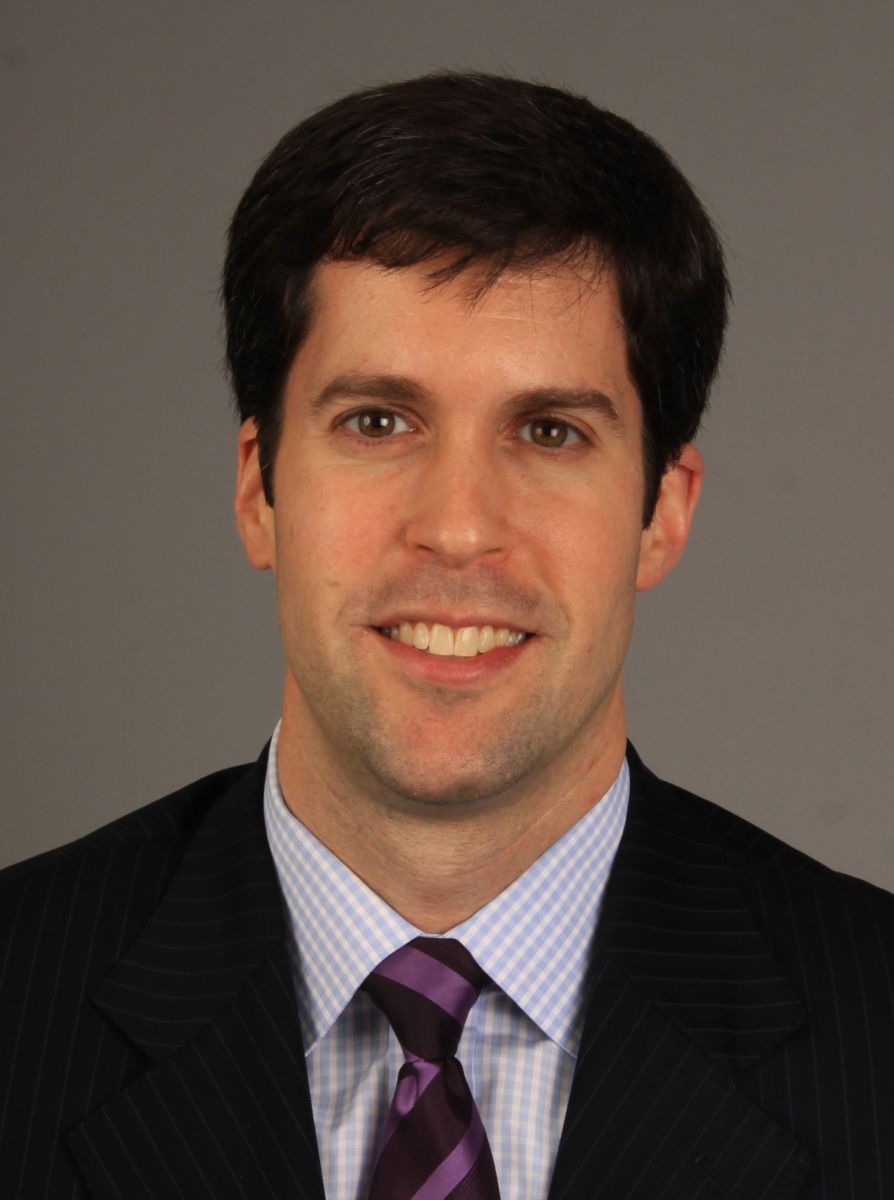Do No Harm, Unless Doing No Harm Hurts
Steven P. Levine, MD, reminds prescribers to satisfy the voices in their heads by acknowledging that any medicine may be poisonous to patients.

“Do no harm” is the most iconic line recited by every new doctor entering the profession with the Hippocratic Oath. Most fledgling physicians proclaim those words without stammering. After all, they did not endure a grueling educational course just to hurt people.
But the thing is that many of our treatments can hurt people. Just ask the fast-talking guy at the end of the new medicine commercial, or listen to the ad from the class-action lawsuit firm. To add to the confusion, we’re not exactly there yet when it comes to having reliably effective treatments for all diseases and syndromes, and most medications have a wider spectrum of potential application than their narrow indications approved by the US Food and Drug Administration (FDA), which has led to the relatively gray area of off-label prescribing.
Presented with illness and suffering while supplied with a distasteful menu of remedies to choose from at times, what’s a doctor to do? It helps to have some kind of standard in mind, such as, “What kind of treatment would I want my family member to have?” For me, it’s a matter of satisfying two voices in my head. (Yes, I’m a psychiatrist who hears voices.)

One morning, as a first year resident at an inpatient psychiatric unit, I attended rounds when the whole team was there: Attending psychiatrist Dr. S, head nurse, social worker, substance abuse counselor, two more senior residents, and a very green me. One of the more senior residents had been on call overnight and was asked to present the case of a patient she had admitted.
To even the least experienced member of this team, the story was a clear presentation of a patient who had been admitted in an acute manic state. When the resident finished her presentation, Dr. S turned to her and asked, “What do you want to do?” Without missing a beat, she answered, “Start lithium.”
Lithium may be an “old-fashioned” medicine, but to this day, it remains the gold standard treatment for acute mania. That being said, when Dr. S responded, “You want to give the patient poison?” we were all taken aback.
I don’t know if Dr. S had come in that day intending to teach us a lesson, or if it was something about the resident’s confidence in recommending lithium that provoked him, but he didn’t actually disagree with her answer. Instead, he was pointing out that physicians should be very careful and thoughtful about doling out potentially harmful substances, even — or, perhaps, especially — when it seems like the obvious choice.
Marching forward with that voice in my head — “You want to give the patient poison?” “Nope, not me. I’m going to be a thoughtful, caring doctor who does not hurt people” — I entered my final year of training as the chief resident for a longer-term, Monday-to-Friday outpatient day program serving the severely and persistently mentally ill. One day, I had a supervision meeting with Dr. K. When he recommended a certain medication for one of my patients, I balked because I still had Dr. S’s voice in my head and I didn’t want to give the patient poison.
But then, Dr. K advised, “If you don’t have an adverse event once in a while, you are probably not being aggressive enough.” His essential point was that we were not out on the street pulling people into treatment; they were there because they had severe symptoms that interfered with their lives, and if our only aim was to “Do No Harm” (or avoid giving them poison), then we might not help them effectively.
Since my residency training, I have been hearing those two voices in my head almost every time I consider a treatment recommendation, and I try to satisfy those voices by finding the synthesis of their lessons. A shortcut that many physicians take is to strictly adhere to the FDA-approved uses of medications and procedures. Those physicians accept the possibly useful self-delusion that this type of regulation has already satisfied the balance of safety and acceptable risk.
However, the fact is that we’re constantly taking risks with patients’ safety. Therefore, if we are brave enough to acknowledge that any of our medicines can be poisonous, then we will be able to thoughtfully and selectively pick our poison in bolder and more creative ways that will most effectively address our patients’ suffering.
Steven P. Levine, MD, is is a board-certified psychiatrist and therapist. He received his psychiatry training at New York Presbyterian Hospital and Memorial Sloan Kettering Cancer Center and currently practices in Princeton, NJ.